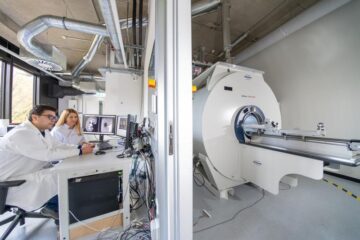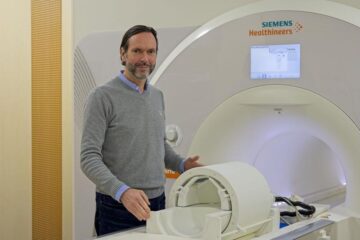Descartes Prize 2002 – Call for proposals – Deadline : 15 March 2002

Call for major scientific achievements to be awarded by the 2002 EU Descartes Prize up to EUR 1,000,000
On Saturday 15 December 2001, the call for entries to the next EU Descartes Prize was launched. This call opens the race for next year`s top EU science prize, which will close with a deadline on 15 March 2002. The Descartes Prize is open to teams of scientists who have achieved outstanding results from their European collaborative project. Entries may be submitted from any field of scientific endeavour, including the socio-economic sciences, and are not limited to EU-funded projects. Research collaborations involving teams from outside the EU are also eligible.
Launched in 2000, the 2002 prize will be the third Descartes Prize. The second Descartes Prize was awarded on 27 November to two projects one on AIDS, lead from the K.U. Leuven (BE) and the other on chemical catalysis lead from Kings College (UK).
The Descartes Prize represents an important opportunity for European researchers to gain the public acclaim they deserve for their groundbreaking results. At the same time the Descartes is one of a number of activities supported with a view to raising public awareness of science and its importance in daily life, as described in DG Research`s new action plan on Science and Society. Following the deadline on 15 March 2002, prize entries will be subject to a two step evaluation concluded by a Grand Jury of eminent figures from academia end the public and private sectors.
The Descartes Prize is a part of the Research Directorate General’s Improving the Human Research Potential Programme (1998-2002)
Media Contact
Weitere Informationen:
http://www.cordis.lu/descartesAlle Nachrichten aus der Kategorie: Veranstaltungsnachrichten
Neueste Beiträge

Diamantstaub leuchtet hell in Magnetresonanztomographie
Mögliche Alternative zum weit verbreiteten Kontrastmittel Gadolinium. Eine unerwartete Entdeckung machte eine Wissenschaftlerin des Max-Planck-Instituts für Intelligente Systeme in Stuttgart: Nanometerkleine Diamantpartikel, die eigentlich für einen ganz anderen Zweck bestimmt…

Neue Spule für 7-Tesla MRT | Kopf und Hals gleichzeitig darstellen
Die Magnetresonanztomographie (MRT) ermöglicht detaillierte Einblicke in den Körper. Vor allem die Ultrahochfeld-Bildgebung mit Magnetfeldstärken von 7 Tesla und höher macht feinste anatomische Strukturen und funktionelle Prozesse sichtbar. Doch alleine…

Hybrid-Energiespeichersystem für moderne Energienetze
Projekt HyFlow: Leistungsfähiges, nachhaltiges und kostengünstiges Hybrid-Energiespeichersystem für moderne Energienetze. In drei Jahren Forschungsarbeit hat das Konsortium des EU-Projekts HyFlow ein extrem leistungsfähiges, nachhaltiges und kostengünstiges Hybrid-Energiespeichersystem entwickelt, das einen…





















